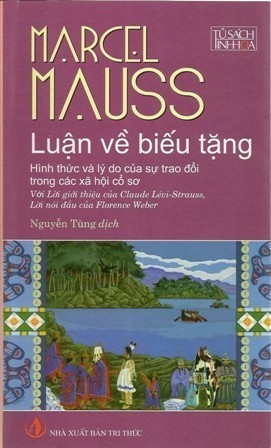What do you think?
Rate this book


496 pages, Paperback
First published January 1, 1923
All our social insurance legislation, a piece of state socialism that has already been realized, is inspired by the following principle: the worker has given his life and his labor, on the one hand to the collectivity, and on the other hand, to his employers. Although the worker has to contribute to his insurance, those who have benefitted from his services have not discharged their debt to him through the payment of wages. The state itself, representing the community, owes him, as do his employers, together with some assistance from himself, a certain security in life, against unemployment, sickness, old age, and death.